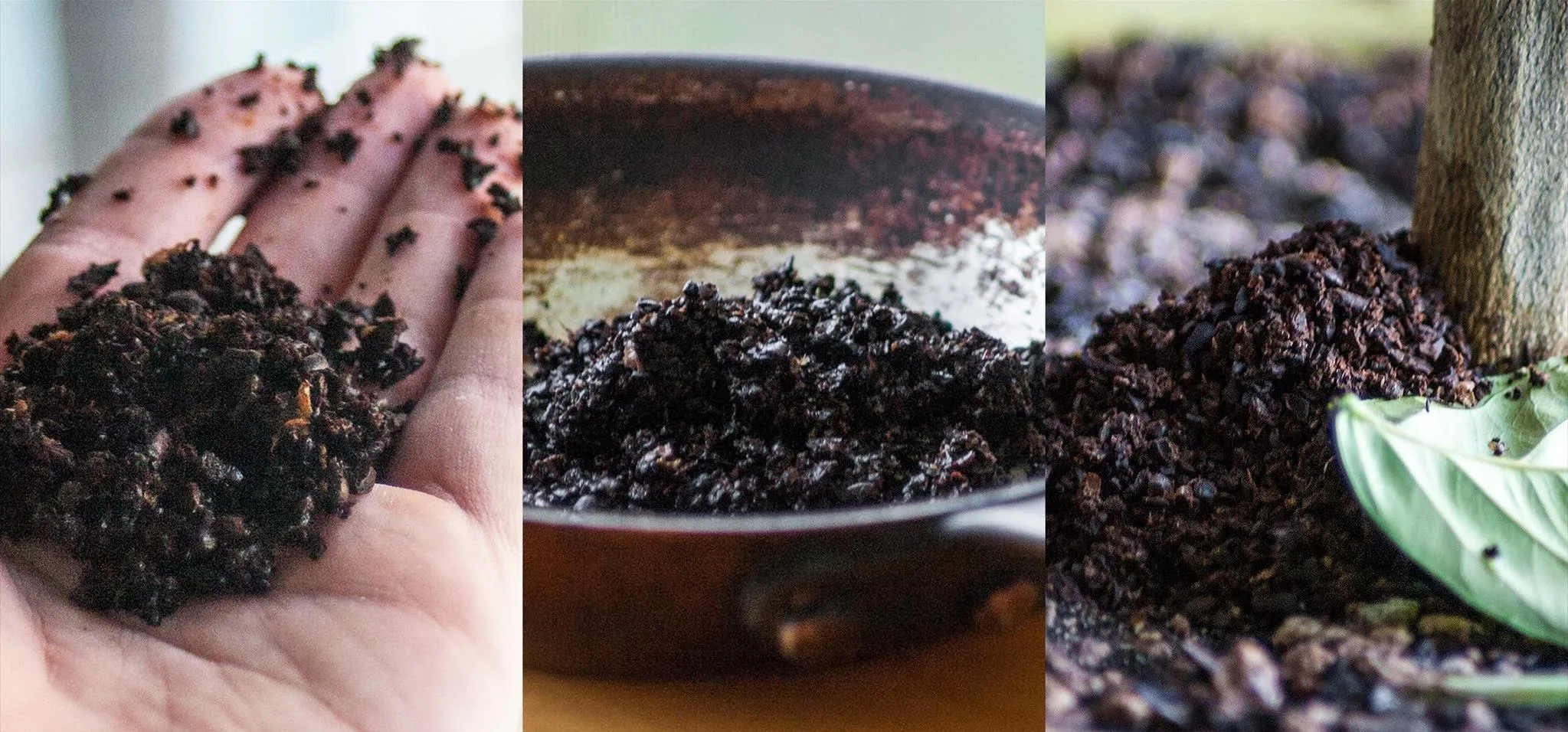Can You Dispose of Coffee Grounds Down the Sink? - Discover You Should Know
Can You Dispose of Coffee Grounds Down the Sink? - Discover You Should Know
Blog Article
We have noticed this great article on Is it safe to dispose of coffee grounds down the sink? down the page on the web and reckoned it made perfect sense to write about it with you in this article.

If you're a serious coffee drinker, you may be wondering about the very best way to get rid of your coffee premises. While it might seem practical to clean them down the sink, this method can lead to a number of concerns for both your plumbing and the setting. In this write-up, we'll explore whether it's safe to put coffee grounds down the sink and review alternate disposal techniques to think about.
Threats of Putting Coffee Grounds Down the Sink
Plumbing Issues
One of the key interest in taking care of coffee grounds down the sink is the threat of clogging your pipelines. Coffee grounds don't liquify in water and can collect gradually, forming a thick sludge that can block drains and cause pricey plumbing repair services.
Environmental Impact
Beyond the possible damages to your plumbing, putting coffee grounds down the sink can likewise harm the environment. When washed into the sewage system, coffee grounds can contribute to blockages in sewage system lines and therapy facilities. Additionally, the high concentration of raw material in coffee grounds can deplete oxygen degrees in rivers, adversely impacting aquatic life.
Alternatives to Disposing of Coffee Grounds
Composting
One green option for throwing away coffee grounds is to compost them. Coffee premises are abundant in nitrogen, making them a superb addition to compost heap or containers. As they decay, they add nutrients to the soil, enhancing its fertility and structure.
Garbage Disposal
If you don't have a composting configuration, another option is to simply throw your coffee premises in the garbage. Make sure to seal them in a compostable bag or container to stop smells and leak. While this technique doesn't provide the very same ecological advantages as composting, it's a safe and practical method to deal with coffee premises.
Tips for Proper Disposal
Use a Sink Strainer
To avoid coffee premises from entering your sink's drainpipe in the first place, take into consideration utilizing a sink filter. These affordable devices catch strong bits, including coffee premises, stopping them from creating obstructions.
Regular Maintenance
Regardless of how you select to get rid of your coffee grounds, it's essential to maintain your plumbing consistently. Schedule routine drain cleansings to remove any accumulation and make sure that your pipes remain clear and free-flowing.
Verdict
While it may be tempting to wash coffee grounds down the sink for convenience, doing so can have significant consequences for your plumbing and the atmosphere. Rather, think about composting your coffee grounds or dealing with them in the trash. By taking on responsible disposal techniques, you can appreciate your coffee guilt-free while lessening your eco-friendly footprint.
Coffee Grounds Down The Drain: Are They OK?
Can Coffee Grounds Go Down the Sink?
You may be thinking, “But I pour them down the sink drain every day and I’ve never had a clogged drain!” You see, coffee grounds come from coffee beans, which are virtually rock hard by the time they’re ground and brewed. You certainly wouldn’t want to grind up the pit from a peach, apricot, or nectarine that is about just as hard because they wouldn’t break down like other foods, and it’s the same with coffee beans!
If you usually grind coffee beans in the garbage disposal because it seems the cleanest and convenient, we don’t fault you for that. And anyone who has ever had to clean up the trash with spilled coffee grounds after a dog got into it would understand the rationale. Unfortunately, coffee grounds do not break down in water, so instead of grinding up and washing away as normal foods do in a garbage disposal, they clump together and as time goes by, the grounds can form a clump and pack the drain until it develops a clog.
What to Do With Coffee Grounds
So, what do you do with coffee grounds if you can't put them down the drain? You could of course just throw them in the garbage, but we encourage you to give these practical uses for them a try!
Since coffee grounds contain key minerals for plant growth, you can use them to fertilize your garden. Coffee grounds not only fertilize gardens because they are mineral-rich, but they are also great at absorbing contaminants in the soil, particularly heavy metals. Coffee grounds are said to attract worms, which help gardens flourish. You can use coffee grounds as fertilizer by sprinkling them around your plants. You can compost your coffee grounds and use them at a later time. Coffee grounds are great insect repellents when you place them in bowls or sprinkle them around the areas you want to repel insects. To remove fleas from your dog or cat, simply shampoo your pet then rub coffee grounds throughout their fur. Rinse them off and dry as usual. Like baking soda, used coffee grounds can eliminate odors. You can place them in a bowl in the fridge and let them do the work! Mix coffee grounds with coconut oil for a wonderful face or body scrub, or to reduce the appearance of cellulite. https://www.wintershomeservices.com/blog/2019/august/coffee-grounds-down-the-drain-are-they-ok-/

Hopefully you enjoyed reading our part about What are the consequences of putting coffee grounds. Many thanks for taking the time to read our piece of content. Are you aware of somebody who is in the market for the niche? Be sure share it. I value reading our article about What are the consequences of putting coffee grounds.
Click Here Report this page